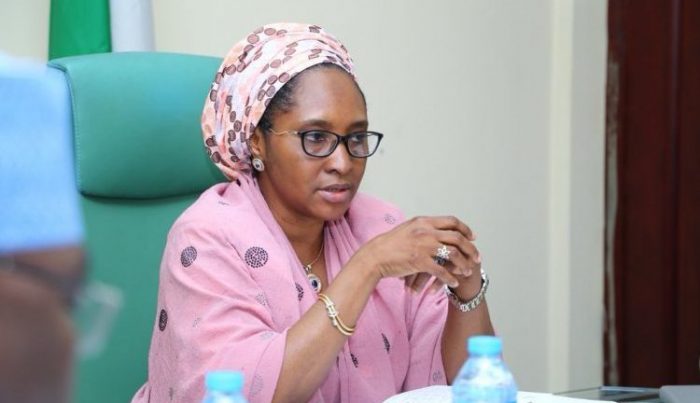FG mulls subsidy for transport workers
The federal government is planning to pay transport workers while finalizing a decision on the N5,000 monthly payment to the poor as the monthly subsidy on Premium Motor Spirit (PMS) or petrol ends by June. The Minister of Finance, Budget and National Planning, Zainab Ahmed Shamsuna, stated this during the public presentation and breakdown of […]

Former Minister of Finance, Budget and National Planning, Zainab Shamsuna Ahmed
The federal government is planning to pay transport workers while finalizing a decision on the N5,000 monthly payment to the poor as the monthly subsidy on Premium Motor Spirit (PMS) or petrol ends by June.
The Minister of Finance, Budget and National Planning, Zainab Ahmed Shamsuna, stated this during the public presentation and breakdown of the highlights of the 2022 Appropriation Act, in Abuja yesterday.
She said the proposal to pay N5,000 to poor Nigerians as transport subsidy is among lists of policies FG is considering to reduce the effects of fuel subsidy removal.
She said: “We have brought up a proposal that states that maybe one of the things we need to do is to provide a transport subsidy of N5,000 or any amount that may be later agreed for between 20 to 40 million people. There is a group that is meeting and chaired by the vice president, so the number is still being discussed and yet to be agreed upon.”
Among the proposals is also that the federal government will give a transport subsidy through some identified commercial transport workers.
“One other proposal that has been made, which is very key, is for us to identify, through the transport workers union, commercial vehicle drivers, get them registered and pass a subsidy through them using vouchers. However, there are several options that we are currently working on,” Zainab revealed.
While noting that the Petroleum Industry Act (PIA) of 2021 has made a provision for all petroleum products prices to be deregulated, she said that kerosene and diesel prices have been deregulated except petrol.
The minister also said despite the revenue challenges to fund this year’s budget, the government would not cut its recurrent budget.
President Muhammadu Buhari signed the N17.1 trillion budget into law on December 31, two weeks after the National Assembly passed the bill. The budget proposal submitted by Buhari was N16.3tr as of October 2021 but over N700 billion was added to it.
Explaining further, the minister said with N3.02tr spent on personnel from the N12tr spent in 2021, there are moves to review salaries of federal government workers and collapse government agencies to cut costs while planning exit packages for workers.
“The part of it is to design exit packages that are realistic, remember we have a revenue challenge and everything that we do, we can’t put an exit package. But these are not easy decisions to make as they will affect people and their families,” the minister said.
